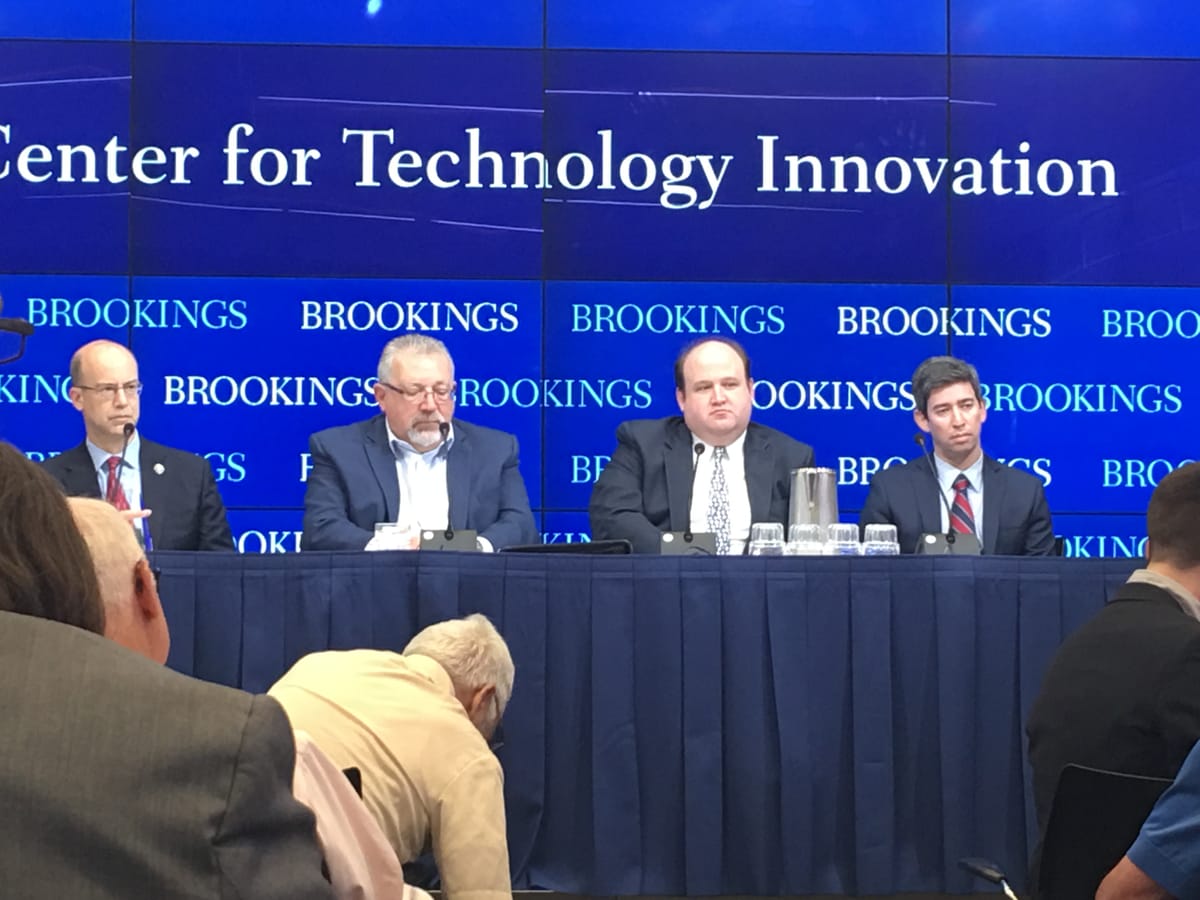Rural Broadband Focus Increasingly Necessary in Infrastructure Package, Say Blackburn and Panelists at Brookings
WASHINGTON, July 25, 2017 – Rural areas of Tennessee have lost business because they don’t have access to high-speed internet, Tennessee Republican Rep. Marsha Blackburn said Monday at a panel on broadband infrastructure hosted by the Brookings Institution. Trump was aggressively pushing new infrast









Member discussion